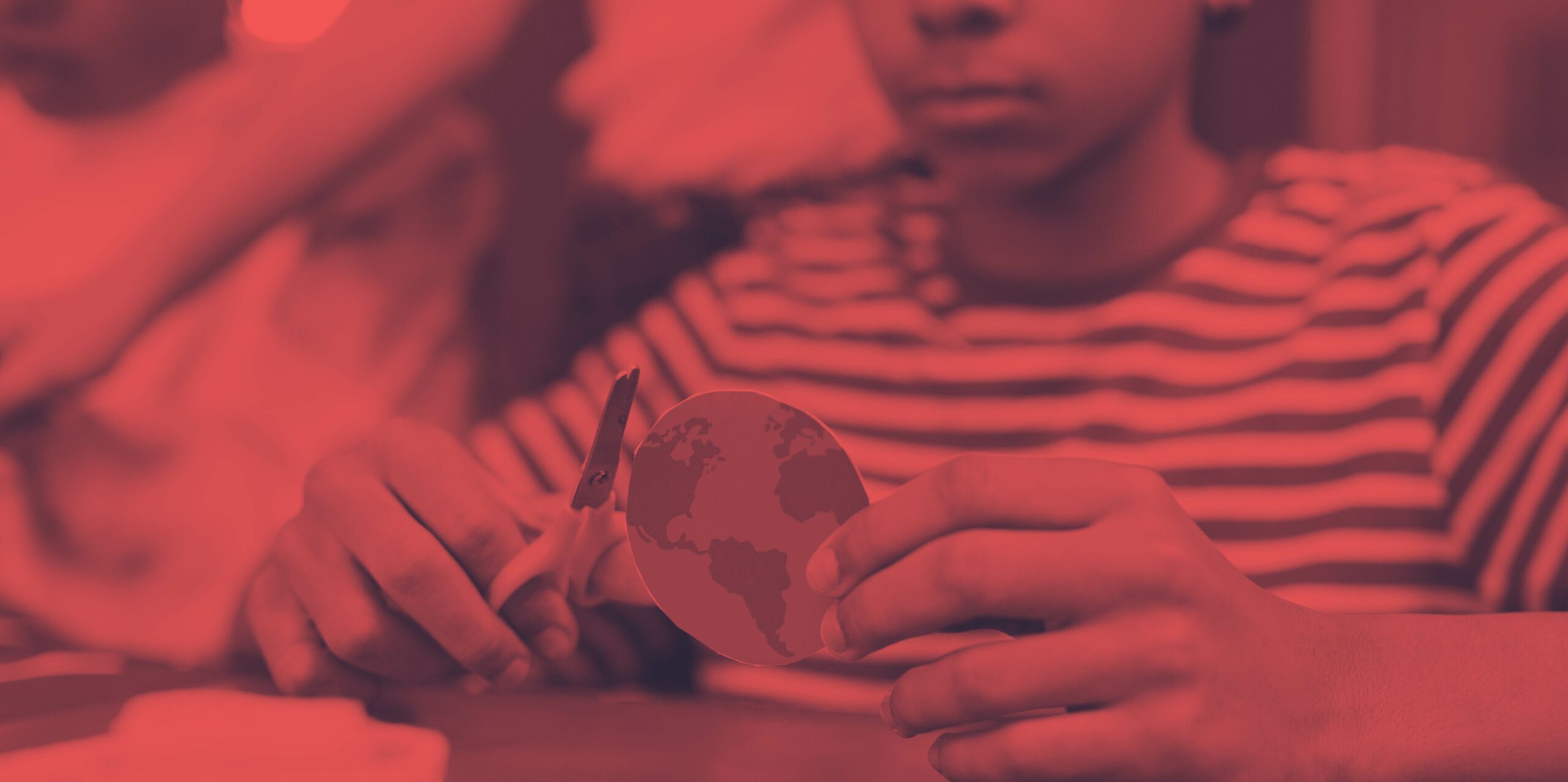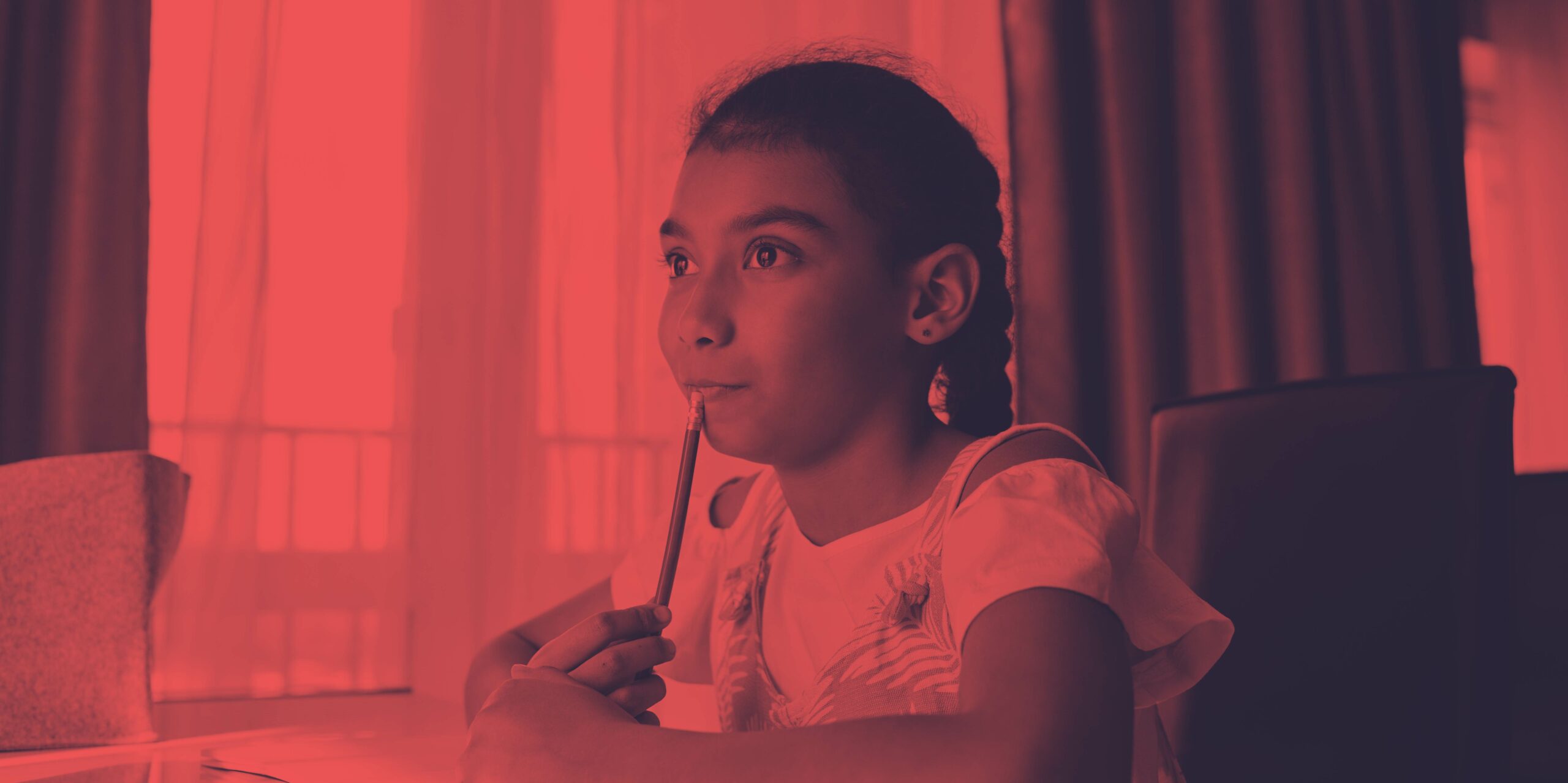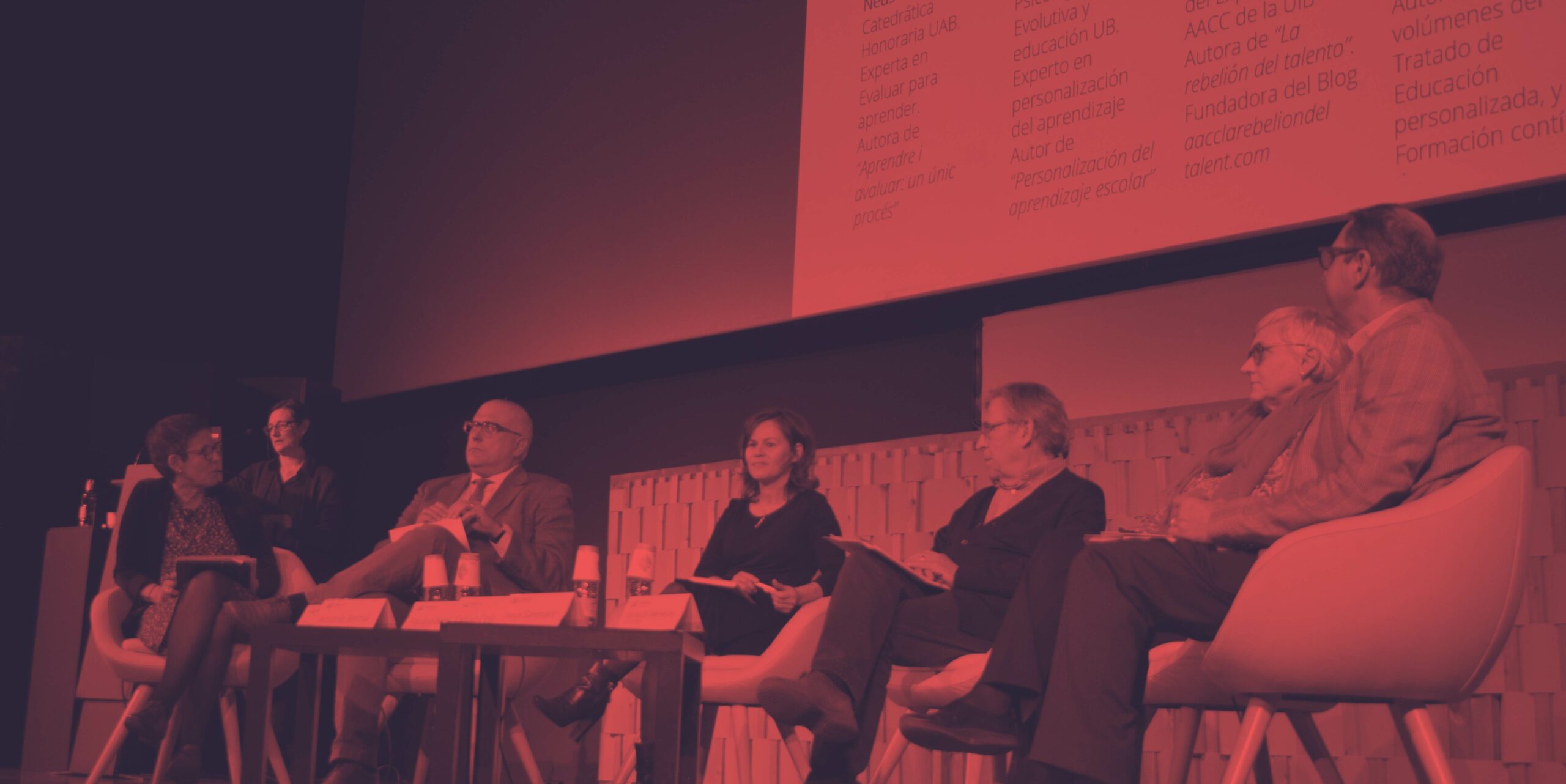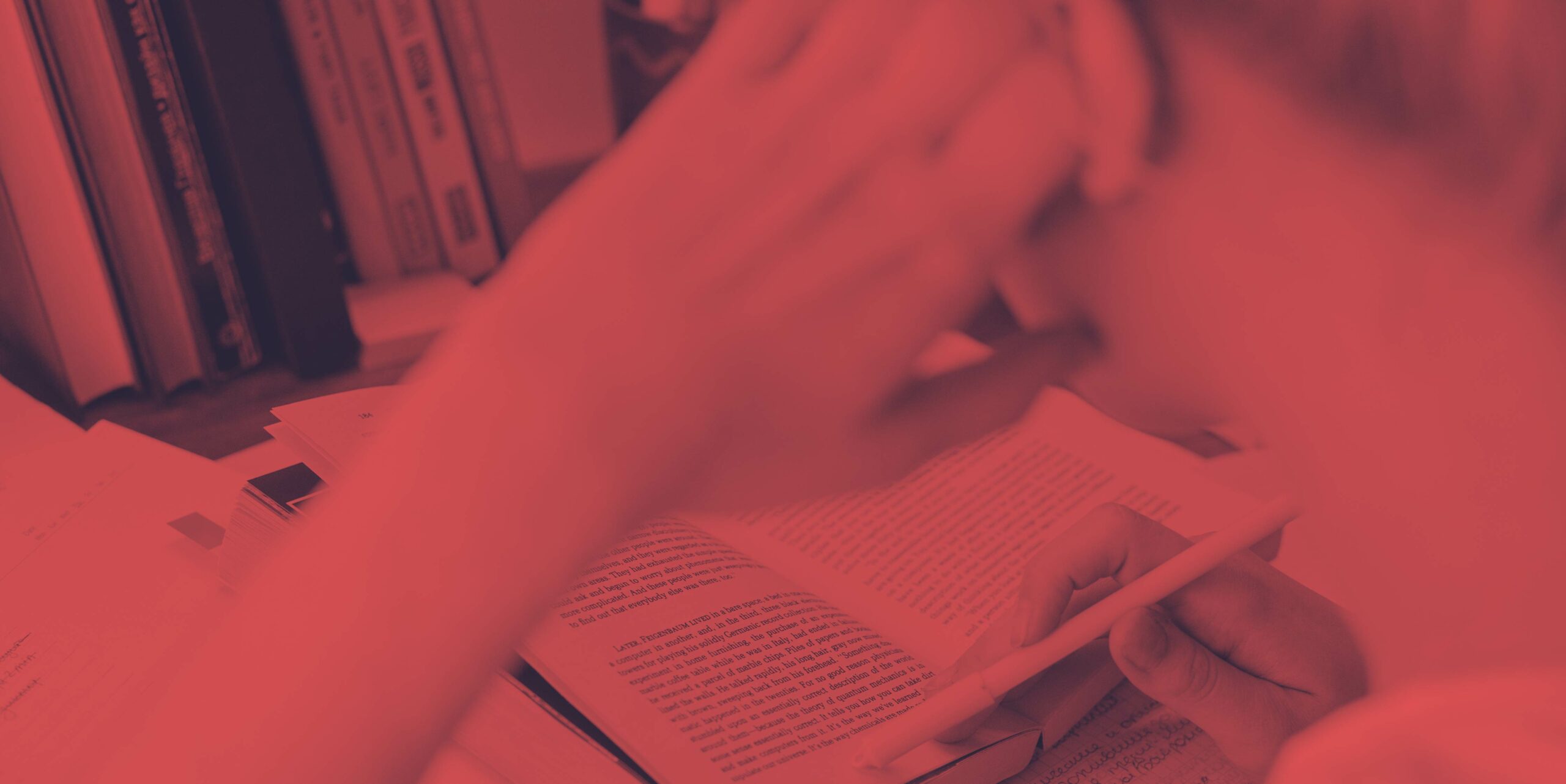What would you tell us about your more personal profile?
I was born in Barcelona in 1943. I was the eldest of three siblings. I have always liked the mountains, hiking, camping, and travelling, getting to know other places and countries. I enjoy reading a lot. I have been fortunate to have a family that we have all enjoyed and where all three of my children – two boys and a girl – have grown up. I now have ten grandchildren, five boys and five girls, who are very diverse and bring me into contact with today’s young people in a very experiential way.
How did you decide to go into science teaching and learning?
I have always loved science and mathematics. It was probably the chemistry teacher I had who encouraged me to delve into this branch of science. And my father, who worked making cardboard boxes, encouraged me to follow this career path because he already sensed that the future packaging would require contributions from chemistry. But even while I was studying for my degree, I imagined myself as a teacher in an elementary school in a high mountain village.
Even so, I didn’t see myself as a chemist in a laboratory but at a school, helping children to discover this fascinating world of science.
What were your beginnings as a teacher like?
Research says that the first year in the profession marks the future of teachers, and I have no doubt that my case (and that of my young colleagues in those years) confirms this. Although we had no training in teaching, we never stopped reading, sharing points of view, looking for solutions to the problems and difficulties that arose, innovating? And that is how we have continued.
But then you went on to teach at the university. How did you get there?
The UAB was born in the 1960s, and a nucleus of people committed to a change in the school configured teaching studies. Many of us new teachers came from working groups linked to Rosa Sensat; this is why I was proposed to be part of the new project in 1965.
When teacher training colleges developed their university status (1985), teachers were required to have a doctorate, so I had to do it at King’s College London. And since then, I have not stopped combining research, university teaching and contact with the ‘real’ school through in-service training and consultancy.
How did you become interested in exploring how to transform evaluation practices?
In 1988 the science and mathematics teachers in two municipal high schools in Barcelona started implementing the LOGSE. The question arose: Shouldn’t we also have to review the assessment?
Both Jaume Jorba, from mathematics, and I, from science, had never been interested in the subject before, and we did not know other possible ways of approaching it. But it seemed like a good challenge, so we looked for articles and possible references.
At that time, a French journal had just published an article on formative assessment. It provided research results showing pupils in high schools that applied this type of assessment obtained better external exam results than other high schools with the same characteristics.
We were very interested in the approach because it was theoretically grounded and provided evidence. This was the beginning of work that went on for eight years and made it possible to find answers to the difficulties that arose and check the results.
What were these difficulties?
The first challenge was getting the pupils to help them effectively and efficiently because a formative assessment requires knowing how to cooperate and assess each other. A second challenge was to improve their talking about science and mathematics.
After we also considered how to select the contents to be promoted so they would be meaningful and fundamental, how to sequence the activities throughout a learning process designed to achieve them, etc.
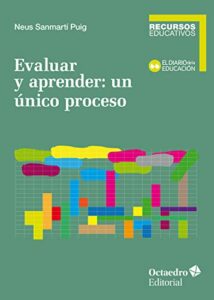
Some of the key ideas for understanding this change can be found in the latest book Evaluar y aprender, un único proceso.
Does evaluation need to be rethought?
The challenge is to discuss the concept in-depth, knowing that what is meant by evaluation can change over time. Changing evaluation implies a profound change in terms of ideas, practices and deep-rooted emotions. Four of these significant changes are:
- Assessment that serves learning must be rewarding
- Learning requires evaluation
- The learner has to be the protagonist of the assessment
- Evaluation of results makes sense if learning has taken place
Why does it cost so much to change evaluation?
One reason for this is that there is a need for an ideological debate about the purpose of education. Do we assess competitiveness to rank students or in terms of equity to promote learning for all without giving up?
This needs to be questioned by the teaching teams. After reaching agreements, it takes time and patience: success does not happen overnight. Whether a change is achieved depends mainly on the teacher’s art, science, technology (tools, techniques and strategies) used, and ideology and values.
You might also like



